
The Spirit of the Bolivian Miners
'The Great Movement,' a film by Kiro Russo, hits U.S. theaters after triumphing in Venice.
Kiro Russo has a particular connection with mining and those that carry out the work. The filmmaker keeps not only great friendships harvested more than a decade ago, but also has family ties that bind him deeply to an economic activity linked to wealth and to the history of Bolivia.
“As Bolivian, mining has a lot of importance for me, and it is very connected to capitalism. I also have personal connections. My grandmother is from the Huanuni mining district. She comes from a generation of miners. My dad has also worked many years in the mine as a safety engineer, my grandfather was a mine accountant, so the subject has always surounded my life,” said the filmmaker when referring to his second feature film, The Great Movement.
The film began to take shape in 2016 with Max Bautista Uchasara, a person who enjoys Russo’s supreme admiration, a friend, a connoisseur of the legends hidden in La Paz, of mining, and a “real-life Chaplin,” as the director describes him.
Although the original idea has gone through a six-month process of creation and script modification, the final result has the approval of Max, who has also played a visible role in the film.
The Great Movement (El Gran Movimiento)
More than 270 kilometers separate La Paz from Huanuni, in the Bolivian department of Oruro. From this mining district, one of the most important in the Latin American country, Elder and 500 other miners marched to the Bolivian capital to demand the fulfillment of their labor rights.
To overcome the need and uprooting, many of them got a job in a market. But the new adventure in the chaotic metropolis had its hours numbered for young Elder, who fell seriously ill shortly after completing the feat. An elderly woman, Mamá Pancha (played by Francisca Arce de Aro), comes to his rescue and recommends him to go to Max, a healer who will do everything possible to help Elder recover.
The story of Russo’s film would probably be different if he had not been affected by the spontaneity of the real events.
“While we were filming, those days in January (2019), the miners who had been walking for seven days, really. They are 500 unemployed children of miners who had died, and in that group were many friends of mine. But I didn’t know they were walking and they saw me filming and came up to me. They said to me: ‘Are you making a film?’ Then Julio César Ticona told me: ‘We are a big movement and you can film some things and maybe it will help you.' So I filmed certain scenes, which are the most documentary parts of the film, but, at the time, I didn’t know I would include them,” the filmmaker told AL DÍA.
In addition to Max Bautista Uchasara (in the role of the healer), Julio César Ticona (Elder) and Francisca Arce de Aro, the cast is completed by Israel Hurtado and Gustavo Milán Ticona.
RELATED CONTENT
Shot in Super 16mm at a turbulent social and political moment in Bolivia, marked by the events that put an end to the presidency of Evo Morales, The Great Movement will be remembered by Russo as one of the toughest projects he has had to shoot.
“I couldn’t cancel the filming or anything because we had won the national fund and we had signed a contract that said we were going to film on a particular date. The film was outdoors and there was a climate of total violence those days. On the other hand, there was also a questioning as a director to see if I was filming the right thing, or what had to be filmed at that time,” he added.
Self-critical of his films, the director is satisfied with the result and with the political stance that the production exposes without falling into the political-partisan war that, in his opinion, is still present in Bolivia.
In 2021, The Great Movement had its international premiere at the Venice Film Festival. To Russo’s pleasant surprise, it won the Special Jury Prize. In addition to that first award, it has shined in the official selection of international film festivals such as New York, San Sebastian, Hamburg, and FICValdivia.
After debuting in more than 15 countries around the world, the Bolivian film premiered this month at the Lincoln Center Film Festival in New York and will soon be screened in Los Angeles and other U.S. cities.


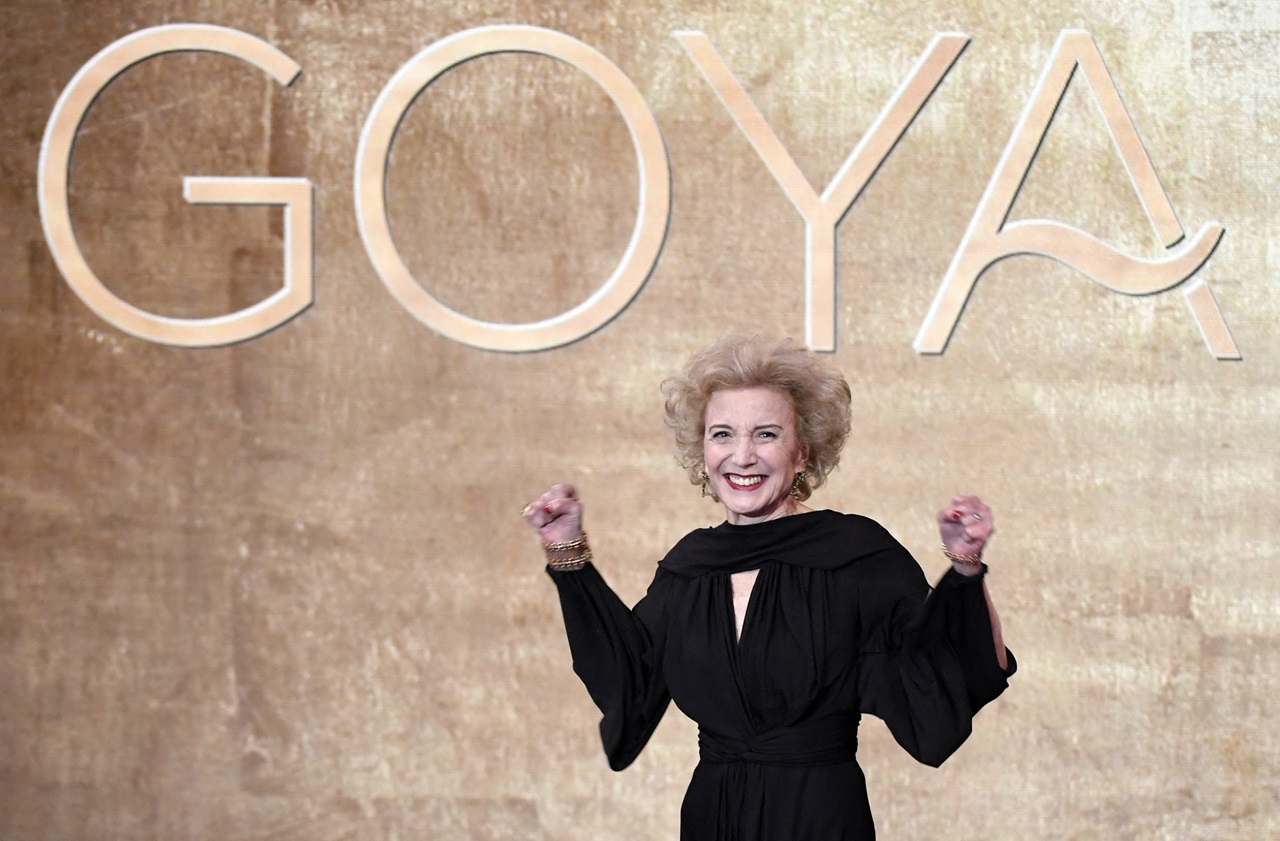


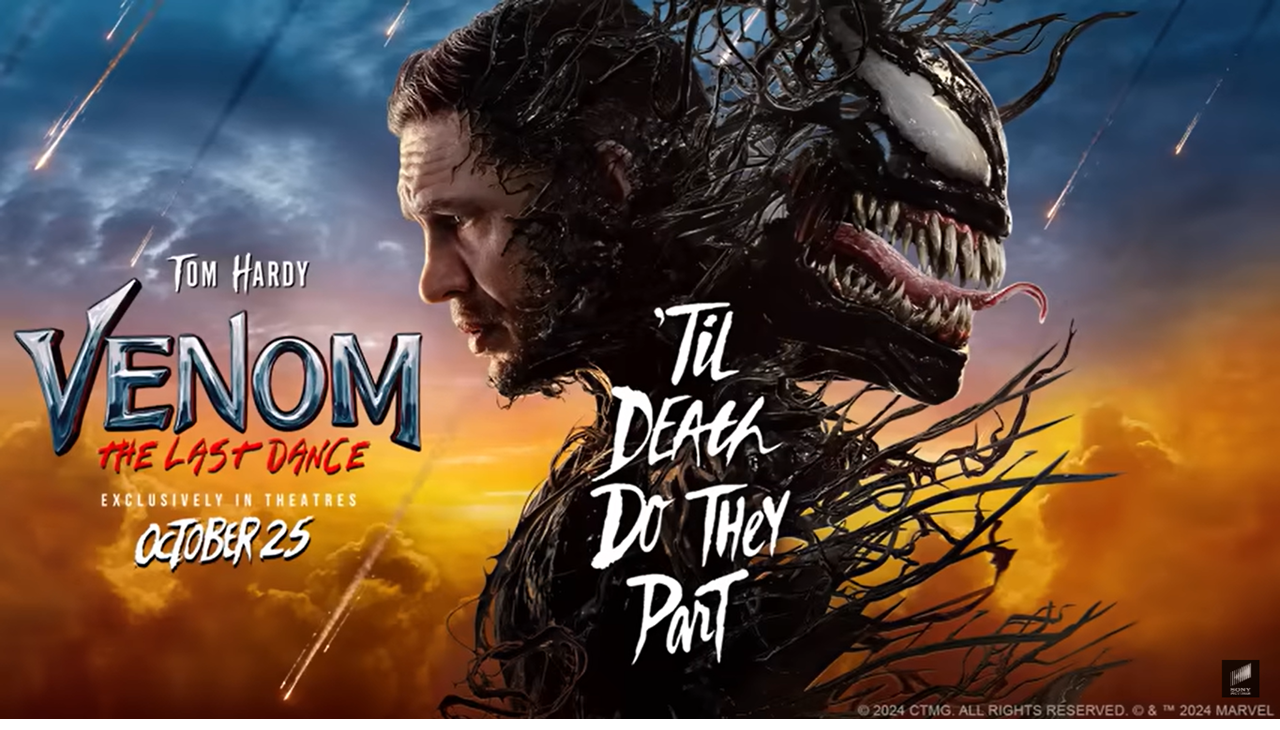
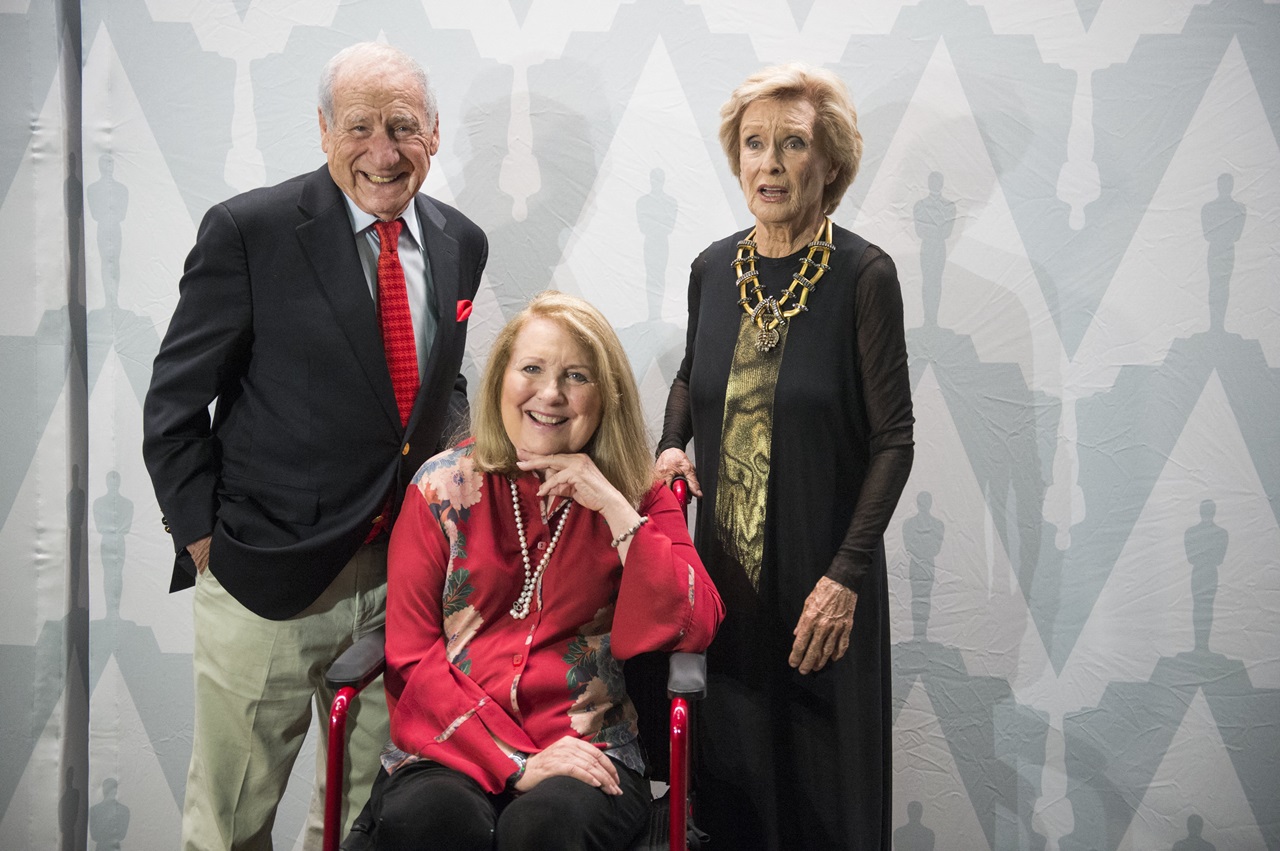
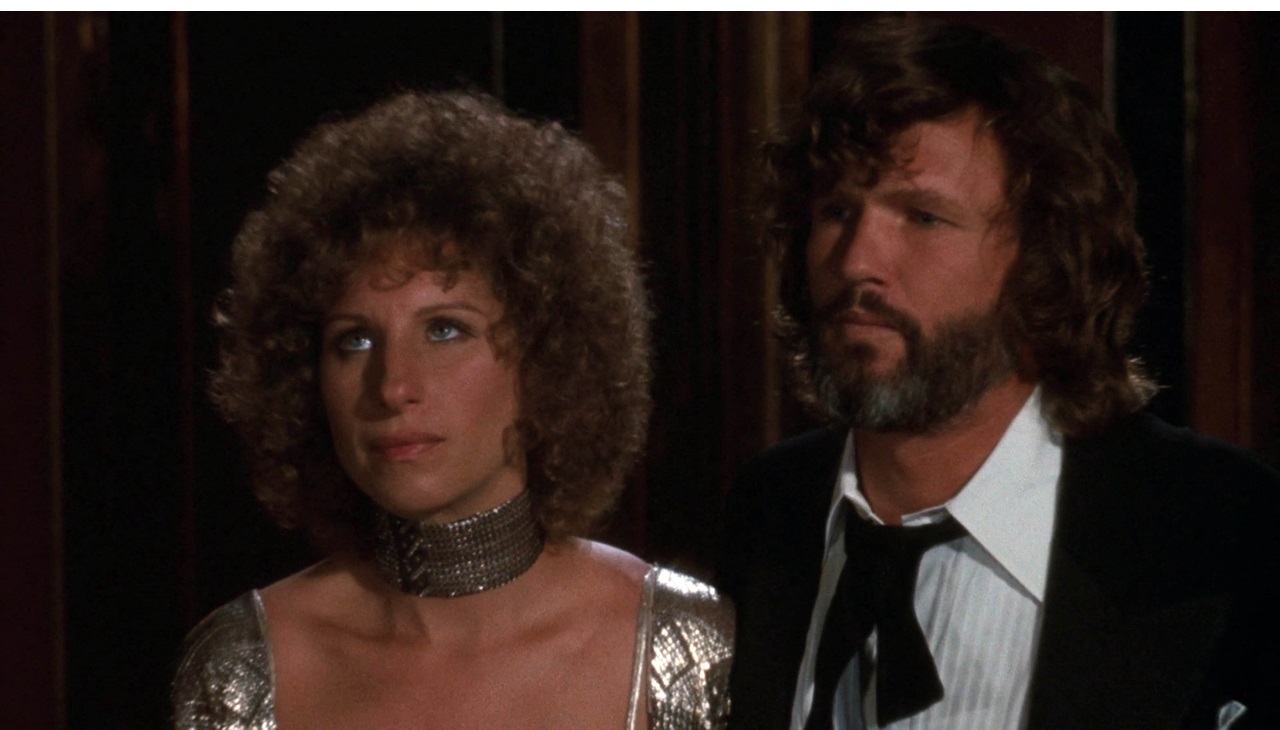
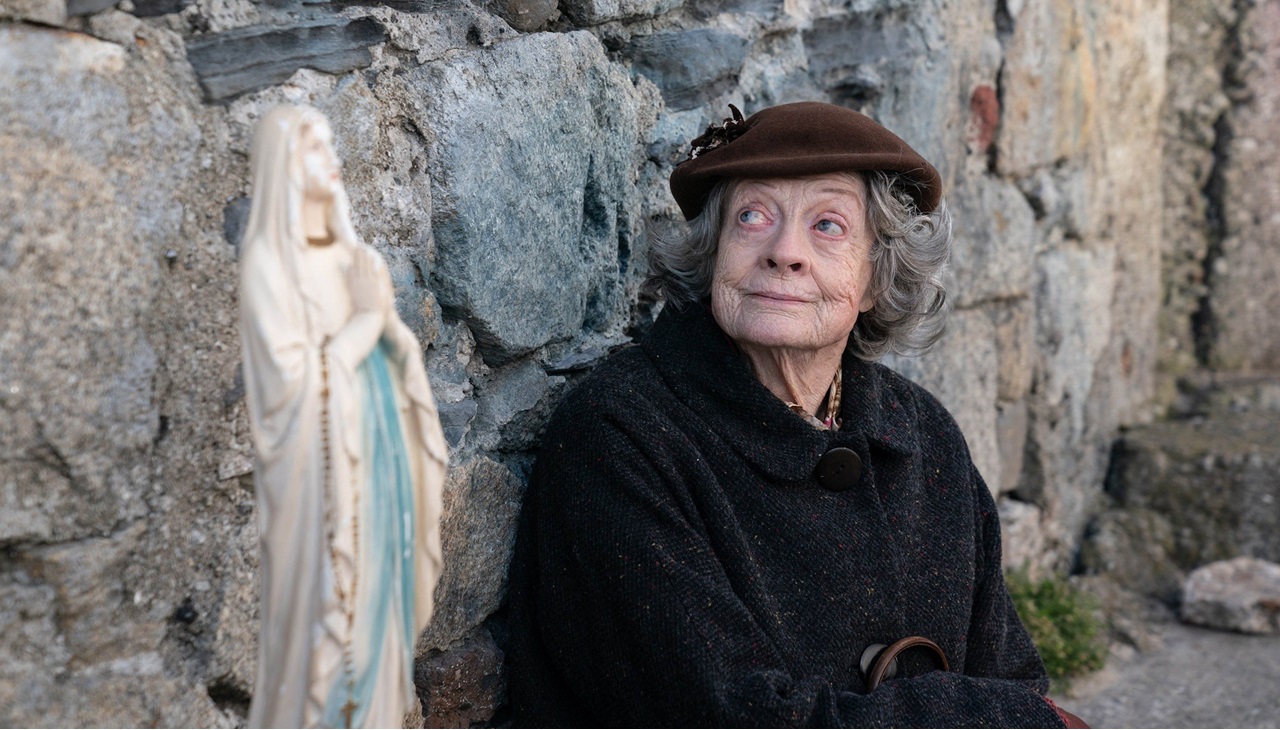
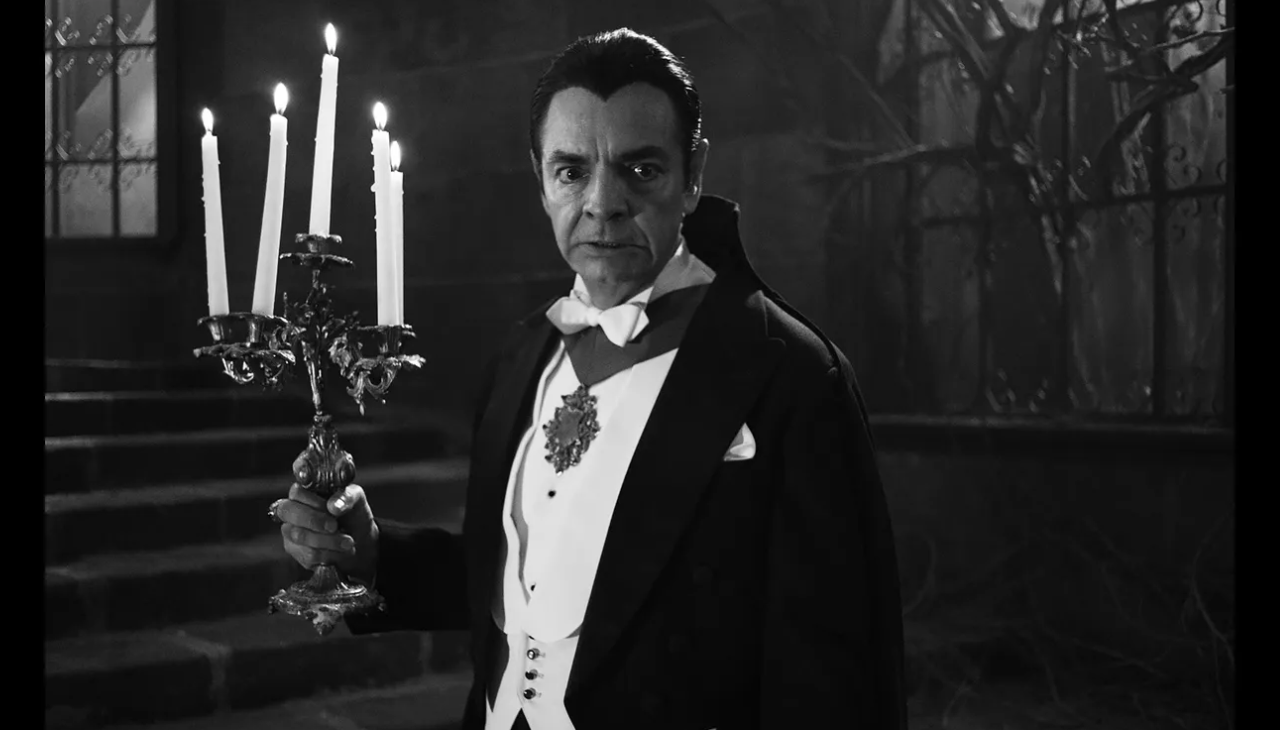
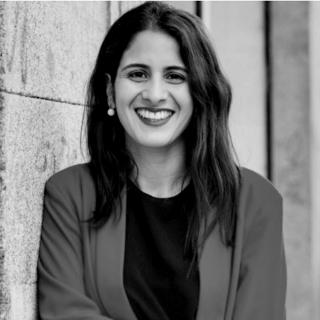
LEAVE A COMMENT:
Join the discussion! Leave a comment.